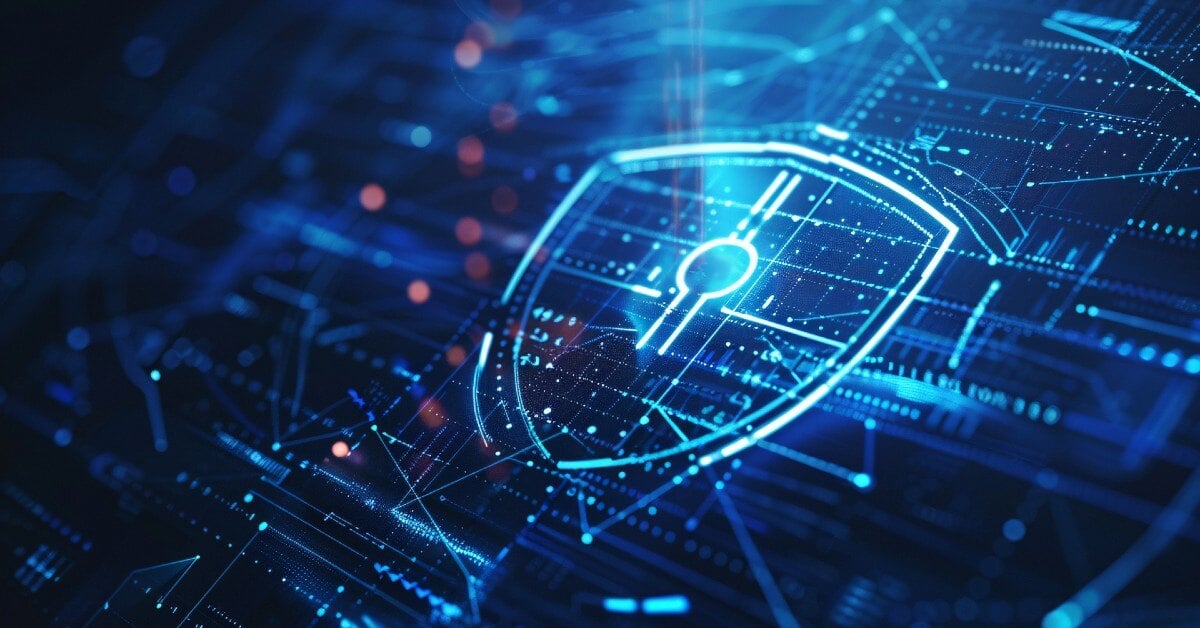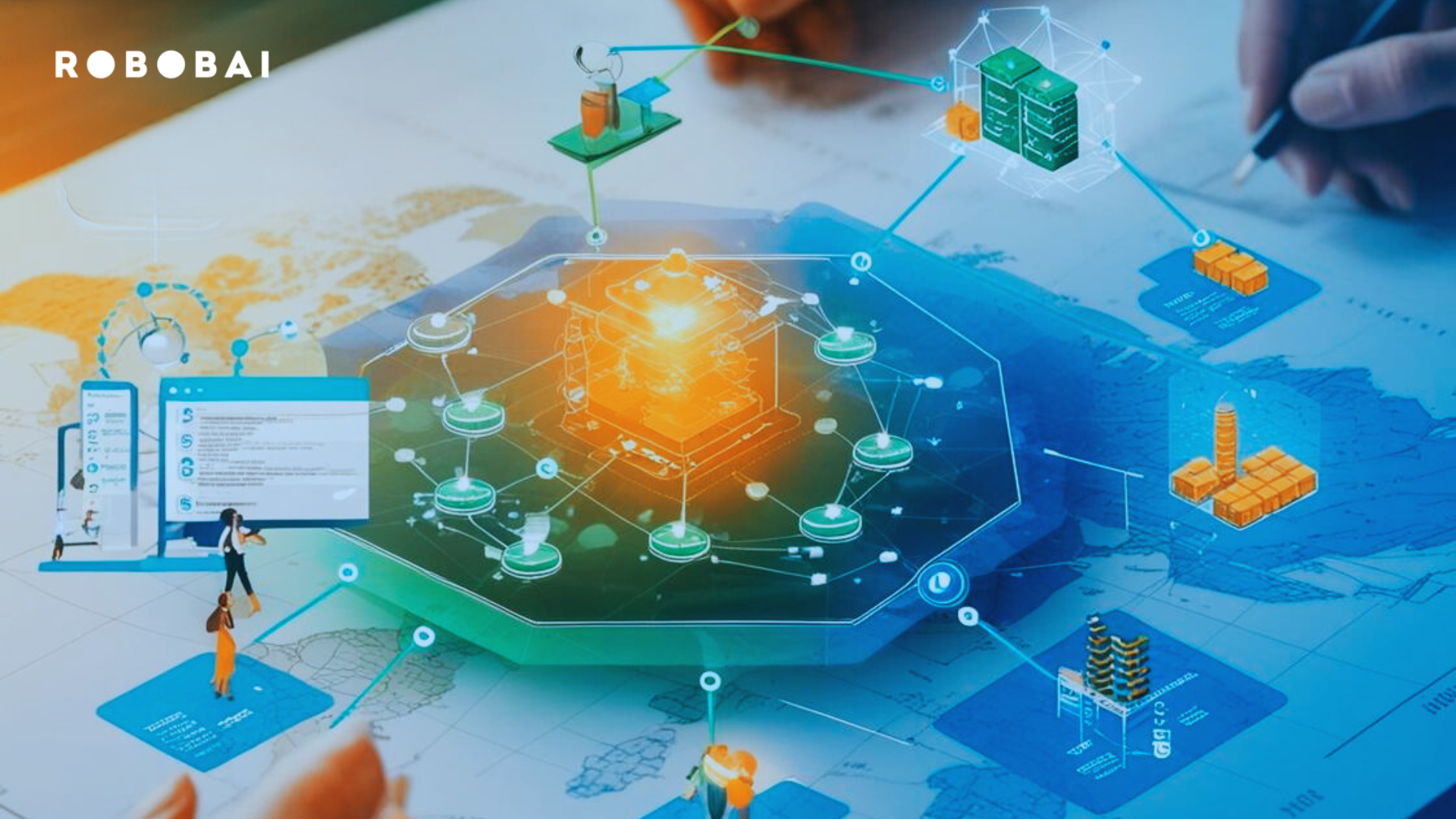Australian Government launches online register of small business payment times
How Unilever Embraced Ethical Procurement and saved $1.5B
7 min read
Jared Kendler : Dec 15, 2021

Spend analysis is not only key to identifying supplier cost and value — but also essential to measuring sustainability and the ethical performance of the supply chain.
An ethical supply chain strengthens a company’s risk profile while also bolstering its position with increasingly sustainability-savvy investors and financiers. Consumers are also looking for better choices, with 88% wanting to engage with brands making a social and sustainable difference[1].
Recent research shows supplier diversity programs broaden value propositions and increase market share and revenue-generating opportunities[2] — outcomes hard to argue against.
However, you need the right tools to measure and analyze your sustainable and ethical procurement data — and make that data and insights accessible and visible to every part of the business, from the CEO to the marketing department. The right analytics will not only show if your spending supports sustainable goals, but also identify opportunities to strengthen compliance, manage risks, and build brand trust.
Here's how 10 global brands plan, implement, and measure their sustainable procurement strategies for business and environmental benefits.
Since analytics identified that their supply chain accounted for 95% of their total emissions impact[3], Walmart has been investing with suppliers to avoid 1 gigaton of greenhouse gas emissions by 2030. Since 2017, they’ve prevented over 416 million metric tons of emissions.
Walmart plans to be emissions-free by 2040 — including powering its facilities and extensive long-haul trucking fleet with 100% renewable energy[4].
Walmart recognizes sustainability is a responsible approach that’s also good for business — creating value and new revenue streams, enhancing supply chain security, and building customer trust and employee engagement[5].
How does a wholly plastic product become sustainable? LEGO is committed to a 37% carbon emissions reduction by 2032, zero-waste-to-landfill for 2025[6], And recently announced a $400 million investment to support sustainability efforts[7]. When brands make these public commitments, there is only one way to keep them accountable: data.
LEGO has introduced the Engage-to-Reduce program to combat 90% of emissions generated by their supply chain. They're spending with suppliers engaged with carbon reduction programs, water usage reduction, and minimizing forestry impacts[8] And new supplier partnerships are introducing emerging bio-based material production technologies.
So far, LEGO is reaping the benefits. In the first half of 2021, LEGO’s operating profit increased 104% on 2020 despite their significant investments[9].
Since 2020 Patagonia has been powered by 100% renewable electricity in the US and 76% globally. They are working towards becoming a zero-waste-to-landfill company by 2025[10]. By using smart analytics to track their initiatives, they can promote the impact of their reuse and repair program, Worn Wear, repairing 101,706 garments in 2020 bound for landfill[11].
Embracing circular economic practices of reselling used clothing and moving away from virgin materials makes good business sense; they generate more revenue from the same products and lean into cheaper materials like recycled wool[12].
Salesforce operates at Net Zero, delivering a carbon-neutral cloud and 100% renewable energy for all operations. In 2021 they added a Sustainability Exhibit to all supplier procurement contracts to help suppliers prioritize their data-driven climate action[13].
In FY21 Salesforce:
Spend intelligence is critical to making good on their promises. Salesforce recognizes the stakeholder trust they continue to earn by transparently disclosing their ESG policies and metrics, but significant market growth opportunities exist. Their recent customer survey shows 81% of customers say a business' values impact their spending[15].
As one of Unilever’s Sustainable Living brands, Dove plans to reduce the manufacture of more than 20,500 Tonnes of virgin plastic per year. The Beauty Bar will offer plastic-free packaging, 100% recycled plastic bottles, and a refillable stainless steel deodorant product.
Their spend intelligence continues to show that Dove — and the other Sustainable Living Brands — consistently outperforms the average growth of other Unilever products[16].
Nestle is saving money with increasingly thinner plastic bottles — since 1990, they have cut plastic content in half-liters by over 60%. They are also supporting suppliers to develop recycled food-grade plastics by launching a $ 274 million sustainable packaging venture fund focusing on innovative packaging, refill systems, or recycling solutions[17].
Nestle also looked beyond the product to logistics. Improved vehicle use and collaboration with suppliers have removed 415,000 kms per year of truck traffic from UK roads[18] and reduced overall travel by 6%.
Johnson & Johnson has set their sights on 100% reusable, recyclable, or compostable packaging by 2025[19]. Their $ 800 million Healthy Lives Mission commitment by 2030 is focused on product sustainability.
Analysis shows small changes make a big difference: Baby product pumps are being replaced with flip-top caps on smaller bottles in the US, Europe, the Middle East, and Africa. Data shows 24 million fewer pumps are headed for landfill — great for the environment and production cost savings[20].
Johnson & Johnson’s female hygiene brand, Carefree, is reducing packaging dimensions and switching from printed to brown shipment packaging in Europe, the Middle East, and Africa. These changes will significantly reduce packaging and save 500 tons of paper per year to improve their bottom line[21].
A Supplier Diversity Program encourages suppliers from businesses of diverse backgrounds, including certified minority-owned, woman-owned, disadvantaged, and LGBT[22].
Lagunitas Brewing Co., based in Petaluma, California, has reduced water intake by 20% through a water treatment system that treats 100% of its wastewater onsite. Combined with improving extraction loss by one-third, they're creating more beer, less waste, and greater profitability.
Rather than sending spent grains and yeast to landfill, they are sold at a discount to local farms as stock feed. This keeps 12 million pounds of waste out of landfill each year and provides a new revenue stream.
Gas generated from their onsite anaerobic bio-digester generates 438,000 kWh/year of renewable energy. Coupled with their solar power, this cuts electric bills while reducing their carbon footprint[23].
In 2018 United Airlines worked with their printing supplier to use lighter paper for inflight magazines, reducing each by 28 grams. With 4,500 flights per day (pre-Covid), the airline linked this slight weight reduction to a 643,000-liter fuel saving that reduced costs by $290,000 per year[24]. This followed their 2017 removal of on-board duty-free sales, which cut 5.2 million liters of fuel per year and saved $ US2.3 million.
In 2020 the airline rolled out new uniforms for 28,000 employees. Partnering with upcycling company Loop works, they made 7,500 face masks to supplement their supply during the pandemic for employees and customers[25].
Via a venture fund launched in early 2021, United invests in biofuels and emerging technologies, including electric vertical takeoff and landing aircraft. These investments are providing new revenue streams and the potential for substantial cost savings on traditional aviation fuels[26].
Apple's Supplier Clean Energy Program has supported its manufacturing suppliers to transition to renewable electricity since 2015. Over 100 suppliers have committed to clean energy, and the company is committed to 100% carbon neutrality for its supply chain and products by 2030[27].
As you'd expect from a global tech giant, technology is key to recycling resources. Apple's new robot, known as Dave, removes the Taptic Engine from iPhones to recover critical materials for recycling[28]. In 2020 Apple diverted 70% of its waste from landfill to recycling or composting[29].
But it's not just product production that bulks up Apple's carbon footprint. Ongoing use of Apple products once they are sold accounts for 19% of their carbon footprint. Over the last decade, average product energy use has been reduced by over 70% — representing a huge global energy saving.
Infrastructure is also on the sustainability agenda. In 2020 Apple invested in energy efficiency upgrades to over 6.4 million square feet of new and existing buildings — reducing electricity needs by nearly one-fifth and saving $27million[30].
Boards, investors, and consumers are putting pressure on businesses to invest in sustainability, ethical spending and DEI.
Setting goals — whether it be to reduce emissions or increase supplier diversity — is no longer enough. Instead, businesses need specific and measurable goals where impact can be quantified with data.
Gone are the days of hollow claims. You need the proof. And the proof is in the metrics.
How are you measuring your sustainability actions and investments? Download RobobAI whitepaper and learn more about how spend intelligence supports sustainable business futures.
[1] https://www.forbes.com/sites/solitairetownsend/2018/11/21/consumers-want-you-to-help-them-make-a-difference/?sh=423a15756954
[2] https://www.thehackettgroup.com/news/top-supplier-diversity-programs-broaden-value-proposition/
[3] https://www.walmartsustainabilityhub.com/climate/project-gigaton/emissions-targets
[4] https://corporate.walmart.com/global-responsibility/sustainability/
[5] https://www.environmentalleader.com/2021/02/how-companies-can-accelerate-esg-impact-q
[6] https://www.lego.com/en-au/aboutus/news/2020/september/sustainability
[7] https://www.lego.com/en-au/aboutus/news/2020/december/science-based-targets-initiative/
[8] https://www.lego.com/en-au/sustainability/environment/co2-impact
[9] https://www.lego.com/en-us/aboutus/news/2021/september/2021-interim-results
[10] https://www.patagonia.com/where-we-do-business/owned-and-operated.html
[11] https://www.patagonia.com/our-footprint/
[12] https://www.patagonia.com/stories/our-quest-for-circularity/story-96496.html
[13] https://www.salesforce.com/news/stories/salesforce-urges-suppliers-to-reduce-carbon-emissions-adds-climate-to-contracts/?d=cta-body-promo-5
[14] https://stakeholderimpactreport.salesforce.com/?d=cta-body-promo-6
[15] https://www.salesforce.com/news/stories/sustainability-research-on-the-climate-crisis/
[16] https://www.unilever.com/news/press-releases/2020/unilever-celebrates-10-years-of-the-sustainable-living-plan.html
[17] https://www.nestle.com/ask-nestle/environment/answers/tackling-packaging-waste-plastic-bottles
[18] https://www.nestle.com.mt/csv2011/sustainablemanufacturing/transportanddistribution
[19] https://www.jnj.com/johnson-johnson-consumer-aligns-to-big-goals-in-environmental-sustainability-signs-new-plastics-economy-global-commitment
[20] https://www.jnj.com/latest-news/johnson-johnson-commits-800-million-to-making-more-sustainable-products
[21] https://www.jnj.com/latest-news/johnson-johnson-commits-800-million-to-making-more-sustainable-products
[22] https://www.jnj.com/partners/supplier-diversity
[23] https://lagunitas.com/story/for-the-planet/
[24] https://www.afr.com/companies/transport/united-airlines-lighter-inflight-magazine-saves-it-643000-litres-of-fuel-20180129-h0puk2
[25] https://www.united.com/en/us/newsroom/announcements/united-turns-old-uniforms-into-masks-for-employees
[26] https://www.united.com/en/us/newsroom/announcements/united-honeywell-invest-in-new-clean-tech-venture-from-alder-fuels-powering-biggest-sustainable-fuel-agreement-in-aviation-history-2654951909
[27] https://www.apple.com/au/environment/
[28] https://www.apple.com/au/newsroom/2020/07/apple-commits-to-be-100-percent-carbon-neutral-for-its-supply-chain-and-products-by-2030/
[29] https://www.apple.com/environment/pdf/Apple_Environmental_Progress_Report_2021.pdf
[30] https://www.apple.com/au/newsroom/2020/07/apple-commits-to-be-100-percent-carbon-neutral-for-its-supply-chain-and-products-by-2030/

How Unilever Embraced Ethical Procurement and saved $1.5B

Companies are increasingly interconnected in today's global economy and supplier relationships are integral to business success. However, the...

RobobAI helps businesses shift their spend to more ethical and sustainable suppliers